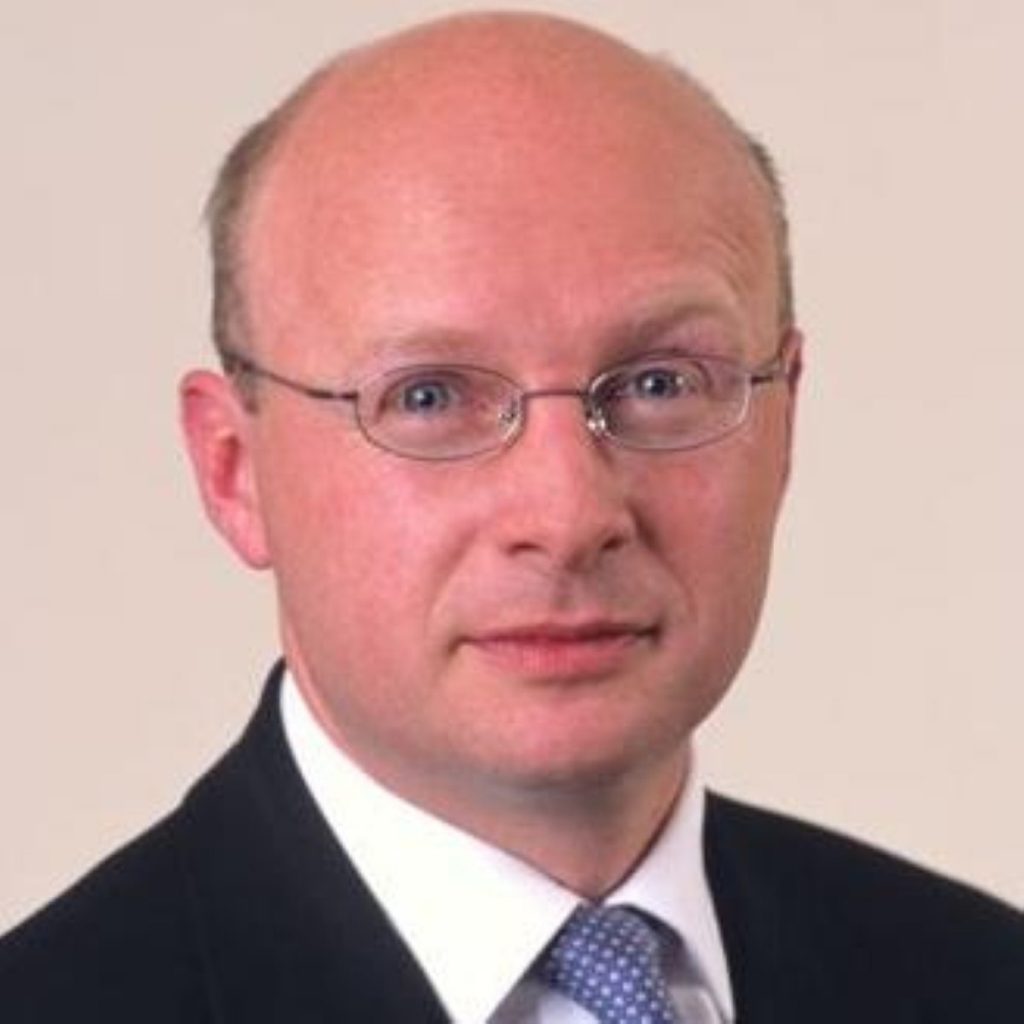Sham marriage rules ‘unlawful’
Immigration rules designed to prevent sham marriages are unlawful and discriminatory, the Court of Appeal ruled today.
In a further blow to the Home Office, judges ruled measures intended to stop illegal immigrants entering into sham marriages were unlawful as they targeted couples indiscriminately and breached the fundamental rights of those vetted.
The Home Office is now considering taking an appeal to the House of Lords, saying it is disappointed at the Court of Appeal’s ruling.
In February 2005, then-home secretary David Blunkett tightened the rules to mean anyone born outside the EU had to seek special permission to marry if they had been in the UK for six months or less.


Three couples appealed against the rules and in 2006 the High Court ruled the law breached human rights on the grounds of discrimination and nationality.
Today judges agreed ministers had failed to establish if couples were genuinely in a relationship or part of an immigration scam.
Lord Justice Buxton said the home secretary should only interfere in couples’ right to marry if it appeared very likely the relationship was bogus.
He ruled: “To be proportionate, a scheme to achieve that end must either properly investigate individual cases or at least show that it has come close to isolating cases that very likely fall into the target category.
“It must also show that the marriages targeted do indeed make substantial inroads into the enforcement of immigration control.”
Crucial to the case was the exemption provided by the ban to couples marrying in the Church of England.
Ministers justified this, claiming no known sham marriages had been conducted in the Church. However, judges ruled the exemption was discriminatory.
Immigration Minister Liam Byrne said: “The certificate of approval scheme has been instrumental in tackling the issue of sham marriages.
“Sham marriages are an abuse of the immigration rules and the certificate of approval process is an effective countermeasure.”
The Home Office maintains the checks resulted in a drastic fall in the number of suspicious marriages reported by registrars.
These fell from 3,740 in 2004 to fewer than 300 by May 2005. Between January and August 2006 there were 149 reports.









